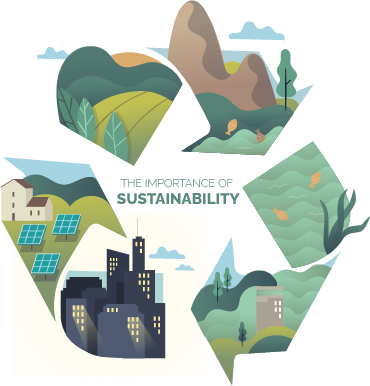Dewi Fitriasari – BiNus Business School, Bina Nusantara University, Indonesia
Claus Holm – Department of Economics and Business, Aarhus University, Denmark
How to secure the independence of external sustainability report assurors? This question arises from the understanding that the management of companies often have central roles in the processes of the assurance. In the case of financial reporting, the appointment of financial statement auditors and the audit performance are under the monitoring of the audit committees to ensure the independence. The implementation of this monitoring is made possible by regulations in stock exchanges.
The minimum quality of the implementation is set by the regulations through a defined scope of the works and the minimum ‘knowledge and experience’ that the members of audit committees must have. The opposite condition applies to sustainability reporting. Then, stakeholders are left with no choice. The stakeholders have to trust trust that the current ‘knowledge and experience’ of audit committees’ members in finance and accounting will help to ensure the independence of the assurors. An evaluation of 250 companies listed in the Fortune Global 500 Companies as per 2009 indicates that:
- the association between the current ‘knowledge and experience’ of audit committee members and their choices to appoint accountant as assurors even though the professional code of independence is familiar to audit committee members under the scheme of financial statement audit, and
- the association between the current ‘knowledge and experience’ of audit committees and other types of assurors, i.e. consultant assurors and individual assurors is weak even though these assurors declare their independence as required under sustainability report assurance.
Based on the evaluation, it is unlikely that the audit committee members are able to secure assuror independence by (1) executing their current knowledge and expertise in financial statement auditing to secure the general assuror independence as in financial statement audit, or (2) extending their knowledge and expertise to cover the specific assuror independence as needed in sustainability report assurance. Therefore, the members of the committees need to have specific ‘knowledge and experience’ in sustainability reporting and assurance before stakeholders can hope to depend on the committees to maintain the independence of the external assurors. But, will the members of the committees answer this urgent need?
Parts of this article are published by the Aarhus University Press, Aarhus, Denmark in 2011.






